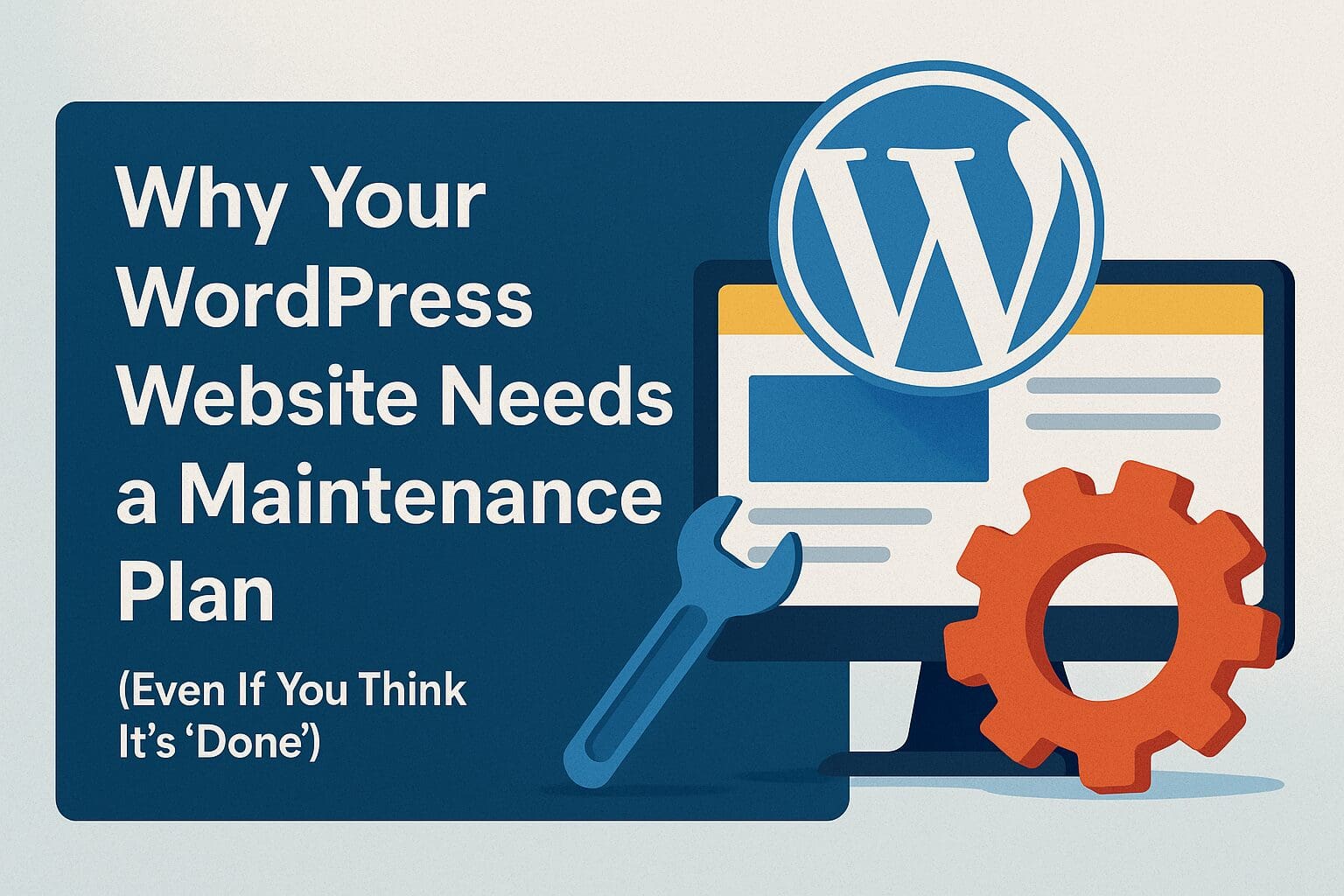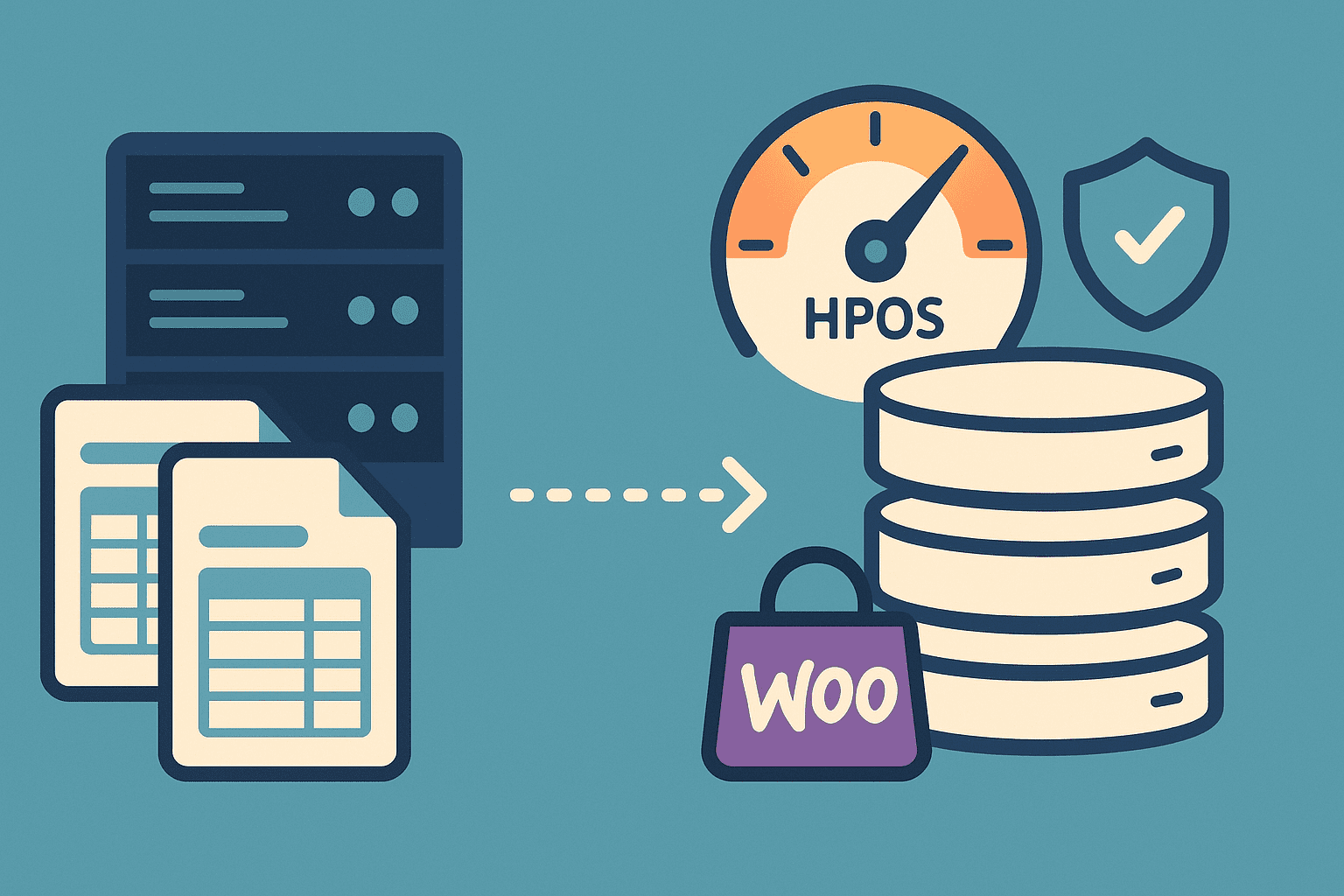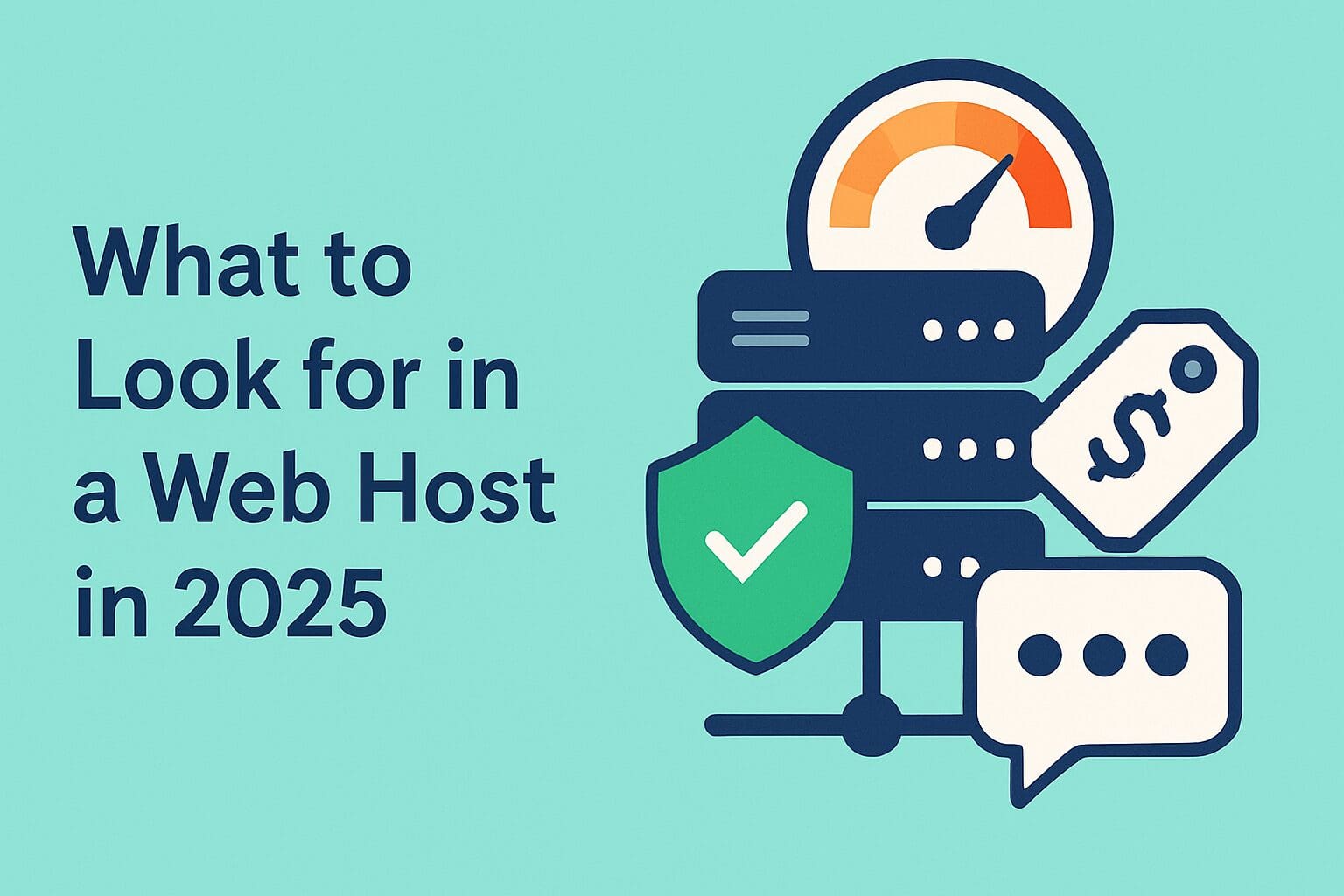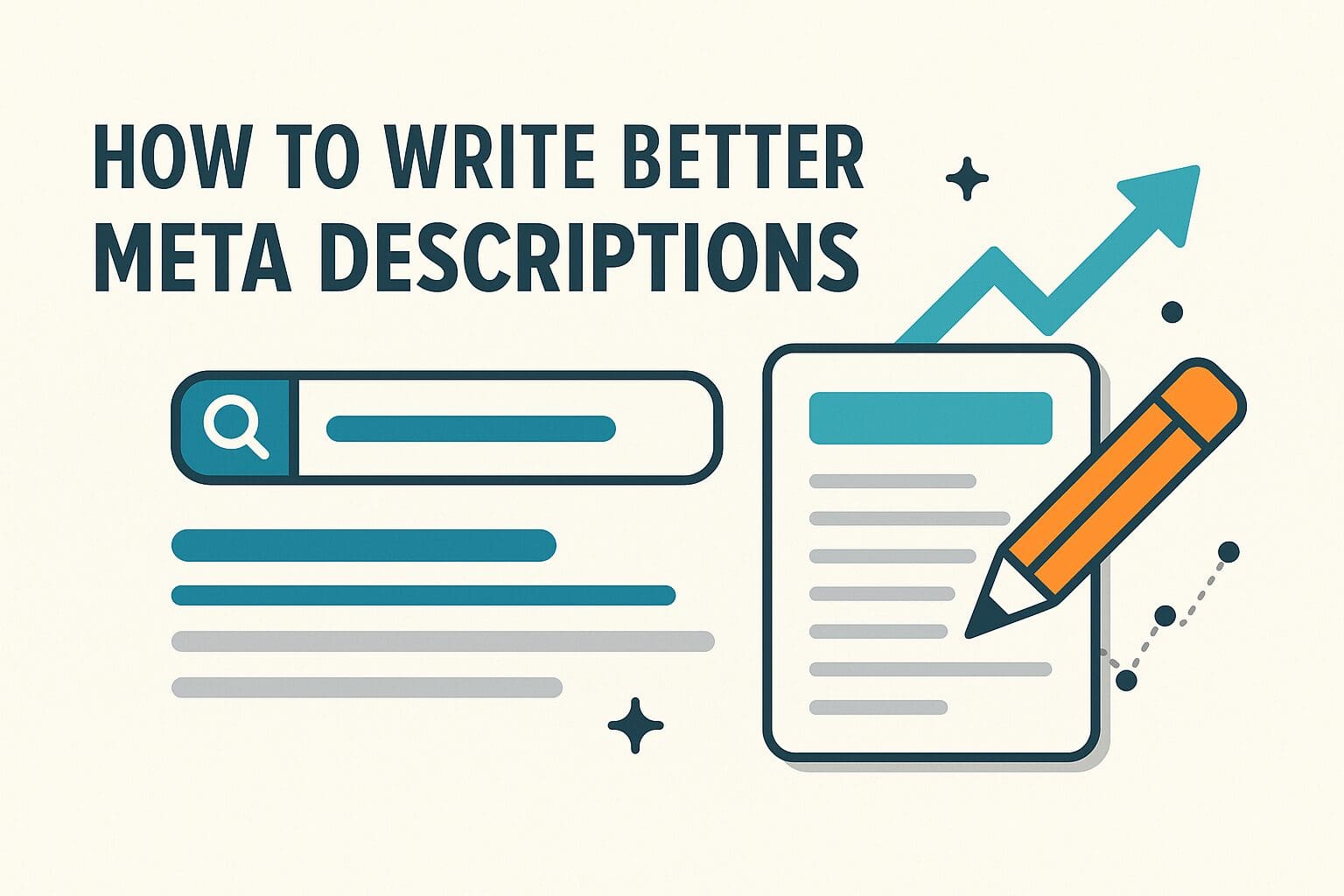Launching a website can feel like crossing a finish line. You’ve picked your design, loaded your content, maybe even celebrated a little bit. It’s done, right?
Well… sort of.
A WordPress website, like anything living and growing on the internet, doesn’t really stay “done.” It’s more like a garden. If you don’t keep watering it, pulling the weeds, adjusting for the weather… it can pretty quickly start looking messy, or worse, just die off quietly while nobody’s watching.
That’s where a maintenance plan comes in. It’s not just busywork — it’s how you keep your site safe, fast, and actually working for you. Let’s dig into why it matters more than you might think.
1. Websites Are a Favorite Target for Hackers
WordPress is incredibly popular — which is amazing, but also a little risky. It’s a giant blinking sign for bad actors online. And most of the time, it’s not about you personally. Hackers aren’t looking to steal your specific website; they just want an easy entry point.
If you’re not regularly updating your WordPress core, your themes, and your plugins, you’re pretty much leaving the door wide open. Maintenance plans help lock that door (and double-check that the windows are closed too).
2. Speed Isn’t a “Nice-to-Have” Anymore — It’s Survival
You know that feeling when a page takes more than three seconds to load? You’re already reaching for the back button. Everybody does it.
Websites naturally slow down over time if you’re not cleaning up behind the scenes. Old data builds up, plugins start clashing, images aren’t optimized… it all adds weight your visitors feel.
A good maintenance plan doesn’t just fix things when they break — it keeps everything running lean before it becomes a problem.
3. Backups Are Boring… Until You Need Them
Maybe this sounds dramatic, but: not having recent backups is like skydiving without a parachute because you assume nothing will go wrong.
Websites can crash for a million reasons — server issues, bad plugin updates, human error (even a “small” mistake like deleting a wrong file). Regular backups are your safety net. A solid maintenance plan ensures you always have a clean version of your site ready to restore. You’ll probably only think about it when something bad happens… but trust me, future-you will be so grateful.
4. SEO Depends on a Healthy Website
It’s easy to think SEO is just keywords and blog posts. But technical health matters just as much. Google notices when your site is slow, insecure, or full of broken links — and it will quietly nudge you down the rankings because of it.
Little things like updating your sitemap, cleaning up broken URLs, fixing mobile responsiveness — all of that technical maintenance feeds into your SEO without you even realizing it.
If you care about being found online (and who doesn’t?), regular upkeep isn’t optional.
5. Your Time Is Better Spent Elsewhere
Could you handle all your WordPress updates, backups, performance checks, security scans yourself?
Probably.
Would you want to?
Probably not.
Keeping your website in top shape can be weirdly time-consuming and sometimes unexpectedly technical. Most business owners have bigger fish to fry. A maintenance plan takes that worry off your plate, so you can focus on actually running your business, not babysitting your website.
A Final Thought (Because I Can’t Help Myself)
A website is an investment. But without ongoing care, even the best investment can lose its value over time.
Think of a WordPress maintenance plan like insurance, housekeeping, and performance tuning rolled into one. It’s the thing that quietly keeps your online presence working for you, without you having to think about it every single day.
And honestly? Peace of mind is pretty underrated.
If you’re not sure where to start, we offer maintenance plans tailored to your site’s needs — whether it’s a small business homepage or a growing e-commerce shop. Reach out anytime. We’ll keep things simple.








